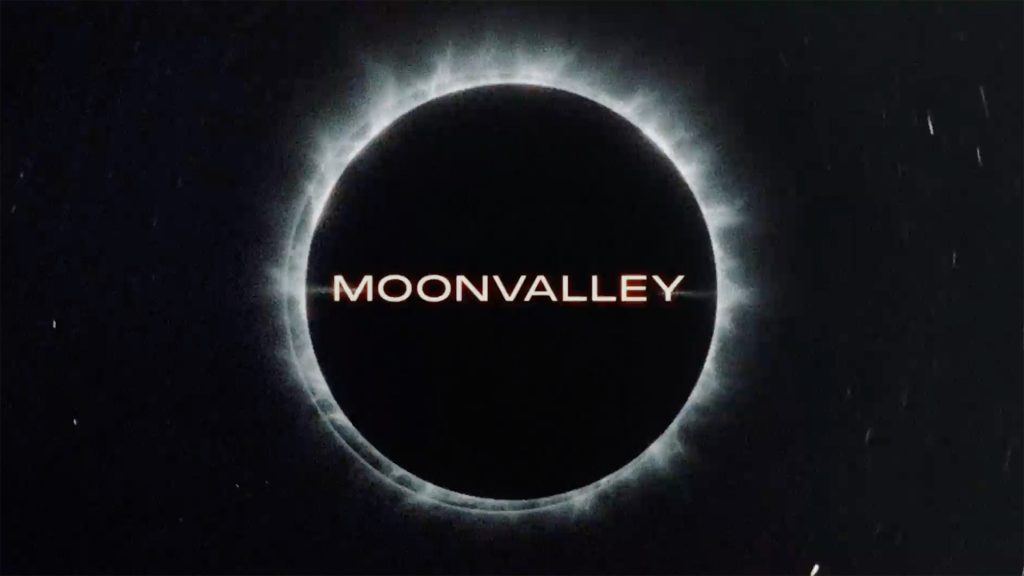
Toronto- and Los Angeles-based Moonvalley has launched Marey, an AI video-generation model designed specifically for professional filmmakers and studios. With a focus on creative control, legal safety, and ethical sourcing, Marey positions itself as a serious alternative to text-to-video tools like OpenAI’s Sora and Google’s Veo 3.
Unlike many AI video models that rely on scraped internet content, according to Moonvalley, their new model Marey was trained entirely on licensed material – including B-roll from independent filmmakers and archives secured through partnerships with platforms like Vimeo. This makes it one of the first commercially safe AI video systems for production environments, reducing the risk of copyright disputes – a growing concern in Hollywood following lawsuits from major studios.
Marey has already been adopted in pilot programs by major studios and ad agencies and was used by Moonvalley’s in-house studio Asteria (formerly XTR) for a Carl Sagan documentary. The model is now publicly available via a subscription-based system, with pricing tiers starting at $14.99/month for 100 credits.
For “hybrid filmmaking”, targeted at video professionals
Where many AI models offer prompt-based generation with little refinement, Marey provides what Moonvalley calls a “hybrid filmmaking” approach. It allows for:
Precise camera control, including handheld simulation and trajectory shifts3D-aware scene manipulation, including pose adjustment and object movementEditable shots post-generation, such as re-framing and changing backgroundsTools for previsualization, storyboarding, and B-roll generation

The system supports output at 1080p resolution and 24fps, with each clip capped at five seconds—standard for current-generation AI tools. Studios can also fine-tune their own private versions of Marey using project-specific data.
Moonvalley CEO Naeem Talukdar emphasizes that the tool is meant to empower creators, not replace them. “It’s not very helpful if you’re a director who might reshoot a single shot 150 times to get the perfect lighting,” he said. “We’re offering power tools, not automation.”

Built with and for filmmakers
Marey’s development involved six months of in-house testing by Moonvalley’s Asteria studio, followed by three months of external alpha use. The system was guided by input from industry professionals like filmmaker Ángel Manuel Soto, who credits Marey with reducing his production costs by up to 40%.
Effects veteran Ed Ulbrich (Titanic, The Curious Case of Benjamin Button) recently joined Moonvalley’s executive team, citing Marey’s legally sound foundation as a major draw.
The system is not just about technical capabilities—it’s also a statement on accessibility. By removing the barrier of expensive cameras and physical production constraints, Marey opens doors for underrepresented creators around the world. “Back home, we needed to ask for permission to tell our stories,” said Soto. “AI gives you the ability to do it on your own terms.”

Legal and ethical foundation
Amid growing concerns and lawsuits around training data misuse in generative artificial intelligence, Moonvalley’s licensing-first approach is a central selling point. The company says around 80% of Marey’s training data came from filmmakers and agencies who intentionally licensed B-roll and footage, rather than having their content scraped unknowingly.
Still, some experts warn that even licensed data could raise ethical issues if original creators were unaware their work might power generative models. Moonvalley says it is committed to transparency and creator-first collaboration going forward.
Illegally scraped data – just one of many AI concerns
In my opinion, illegally scraped data is of course only a small part of the concern. We filmmakers— including our audience—are fearing that lots of production and post-production jobs will disappear in the near future because of the rapidly advancing tools that literally need no crew to produce films. On top of that is an entire— much bigger— discussion about “what’s real and what isn’t”, including of course fake news and all its implications.
What’s for sure is that we’re at the brink of a huge industry shakeup. But that’s exactly why we think it’s important to stay on top of all the developments currently happening, so professional filmmakers can carve out a niche for themselves in this future that’s certain to come.
Is Moonvalley’s Marey the breakthrough that brings Hollywood and generative AI into harmony—or just another temporary truce in an ongoing battle? Let us know where you stand in the comments.

